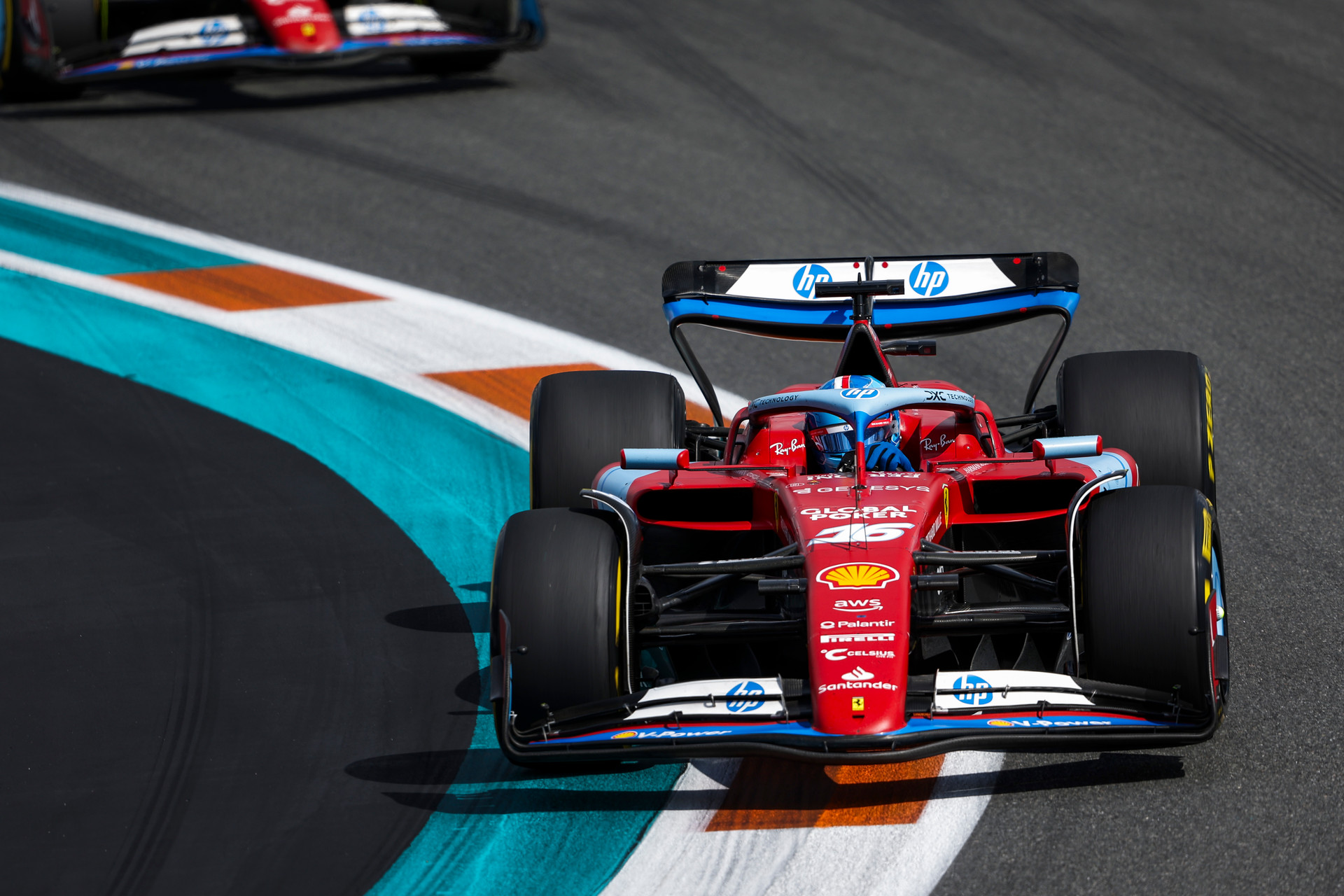In 2030, one in six people in the world will be 60 or older: From one billion people over sixty in 2020 to 1.4 billion, according to the World Health Organization, which in 2050 will reach 2.1 billion. The World Health Organization also predicts that the number of people aged 80 and over will triple between 2020 and 2050.
In this context of global population aging, Val d’Hebron University Hospital has expanded its oncology consultations for breast cancer patients, which began in 2021, to include more types of cancer. Now, the new geriatric oncology program has been expanded to include colorectal, lung, urinary bladder and prostate patients. Cancer and blood cancers such as lymphomas and myeloma. In this way, the increasing incidence of cancer in elderly patients is responded to: with assistance adapted to the needs and priorities of each patient and adapted to his or her degree of frailty.
Thanks to the new Val d’Hebron program in oncology and geriatrics, Each patient is evaluated individually by a multidisciplinary and multidisciplinary group of professionals. The comprehensive geriatric assessment (VGI) includes assessment of various dimensions, degree of frailty, degree of comorbidity, cancer-free life expectancy and risk of complications from cancer treatments. Based on this assessment, the relevant tumor committees decide whether the patient is a candidate for standard treatment, whether he or she requires appropriate treatment and intervention to treat reversible deficits, or whether the most appropriate treatment is primarily palliative therapy and symptom control. If deficiencies are discovered that require action by other services, patients are referred to specialists in social work, psycho-oncology, nutritional support or rehabilitation. This multidisciplinary approach ensures that healthcare decisions are made taking into account the patient’s biological age and not just chronological age.
The role of the nurse is fundamental within the Geriatrics, Hematology and Oncology program in Val d’Hebron. At the first visit, he performs a VGI to evaluate the patient’s condition in all areas (functional, cognitive, social, emotional, nutritional…). Hence, the nurse develops an individual care plan with the patient that responds to his needs, interests, and priorities. The nurse carries out individual health education with the aim of empowering the patient in his care and making him aware of the importance of issues such as nutrition and physical exercise, which will be essential to improve the tolerance of oncology treatment and their quality of life throughout. the operation.
With the expansion of its geriatric and hematological oncology programme, Val d’Hebron Hospital follows international recommendations To meet the challenges posed by the aging of the world’s population. Not surprisingly, nearly half of new cancer cases are diagnosed in older people, and these numbers are expected to increase in the future. Age itself is a risk factor for developing the disease, along with lifestyle and genetic factors. Our challenge as a tertiary hospital is to respond to this challenge and provide the best possible care to these patients.
Subscribe to our newsletter Social.cat To receive the latest news in your inbox.

“Infuriatingly humble social media buff. Twitter advocate. Writer. Internet nerd.”










